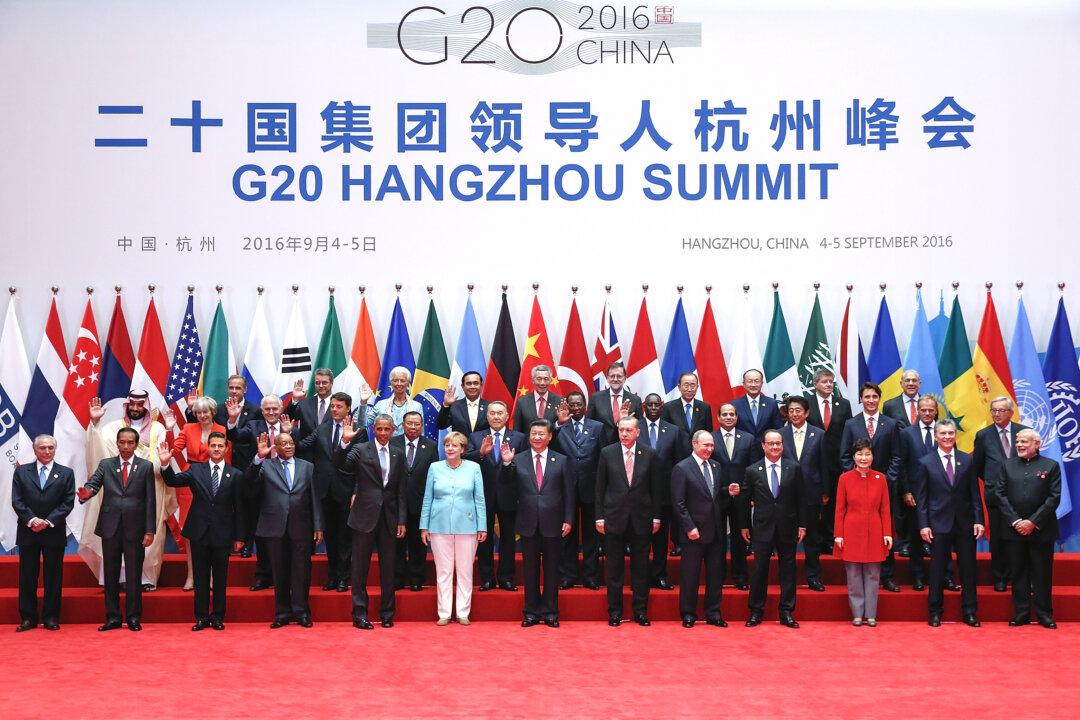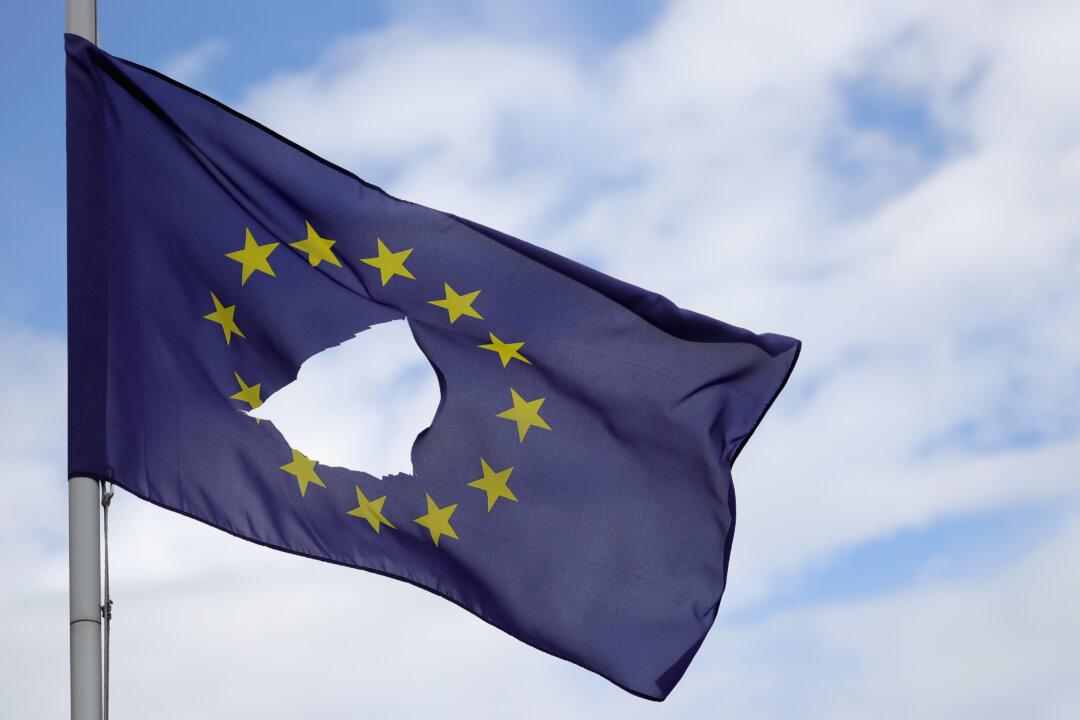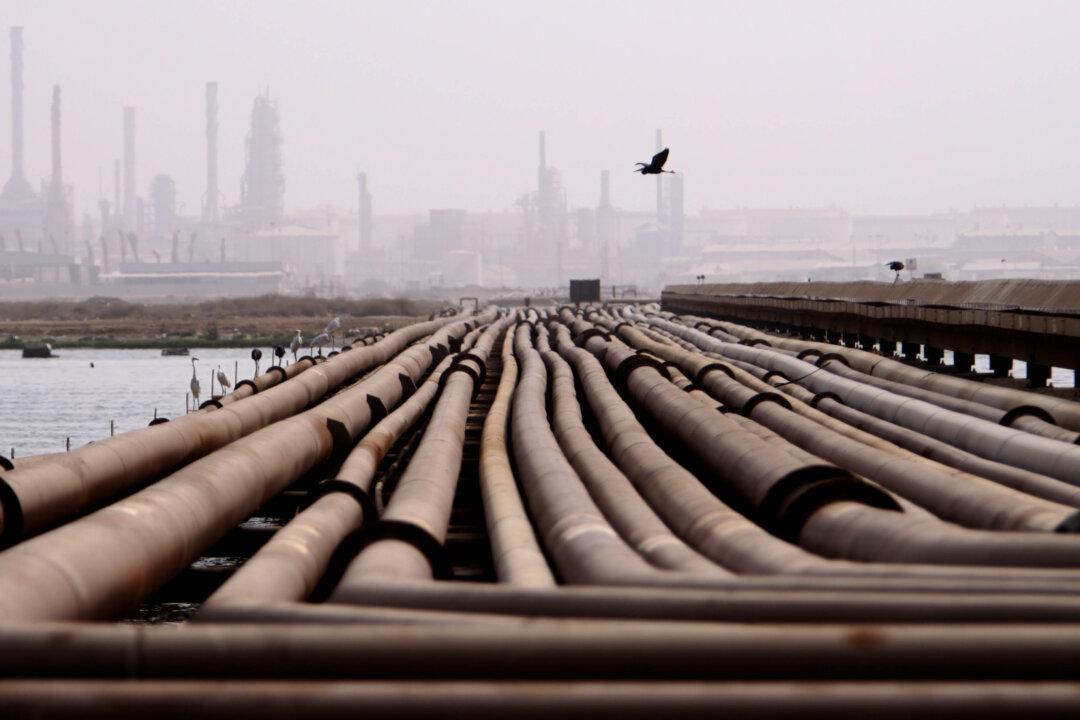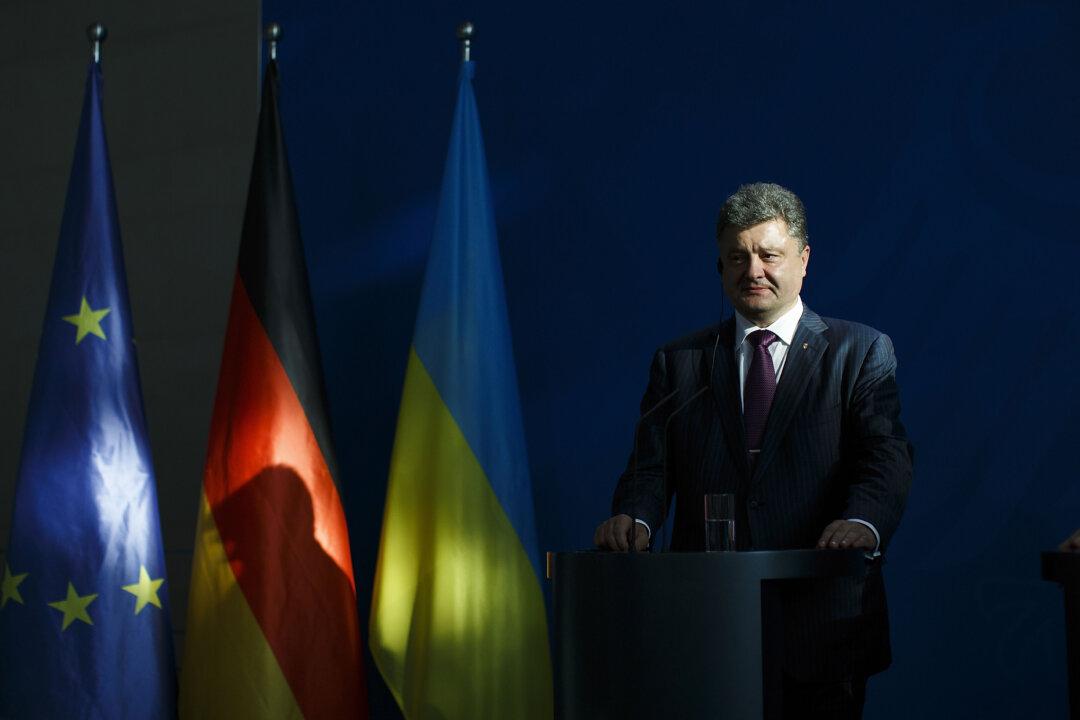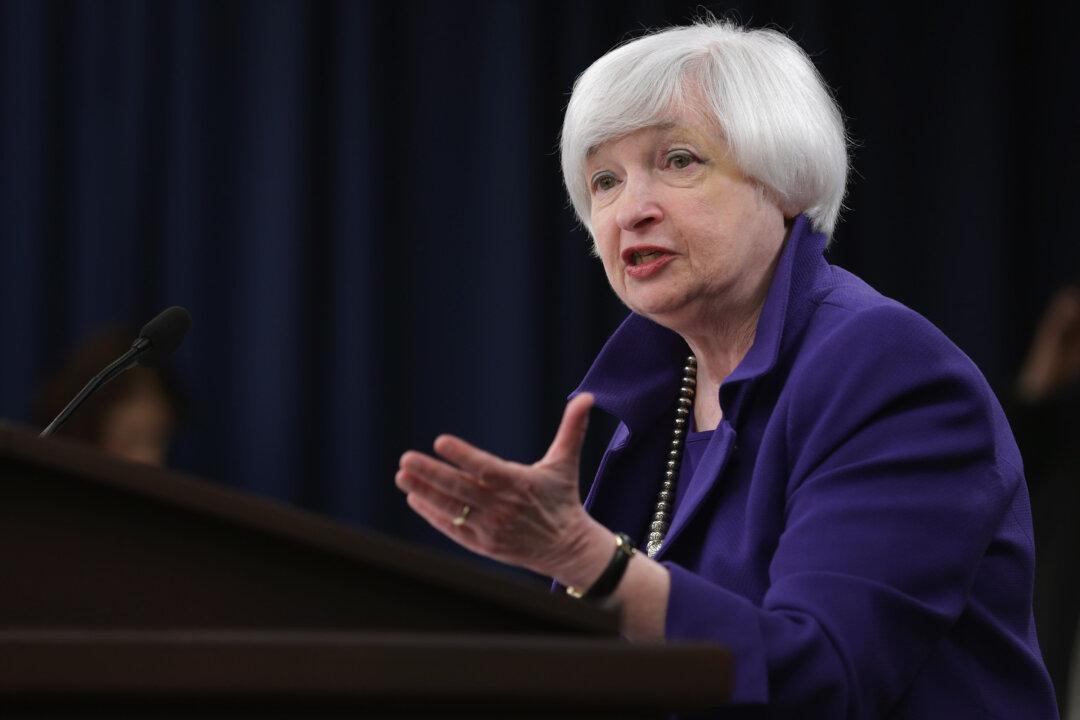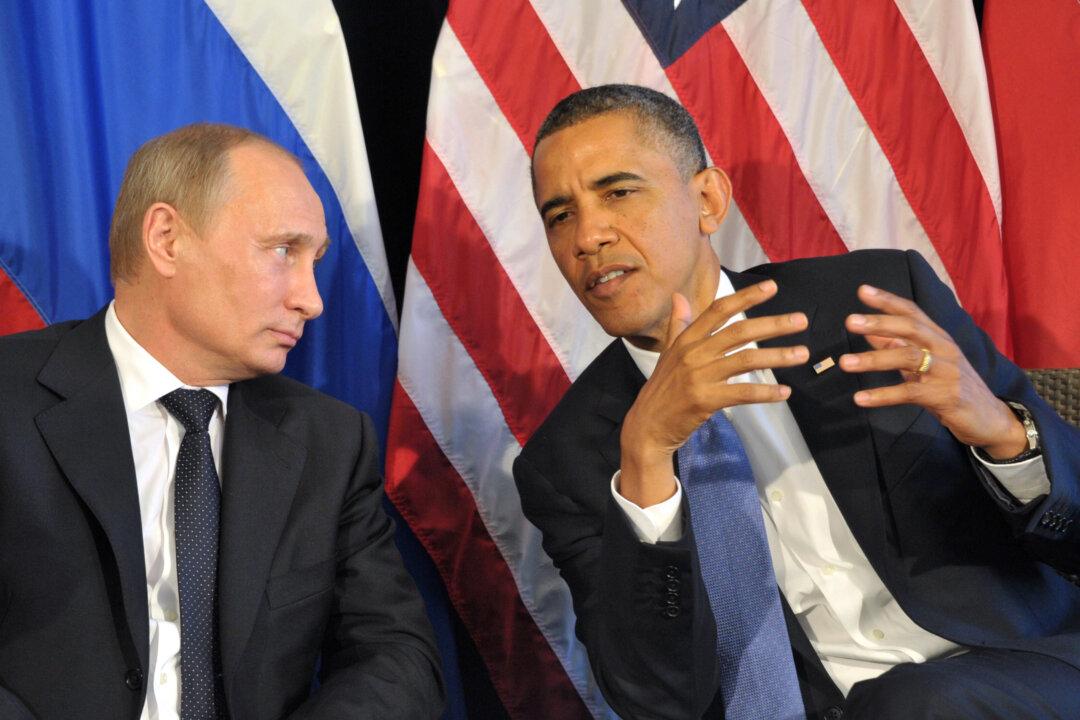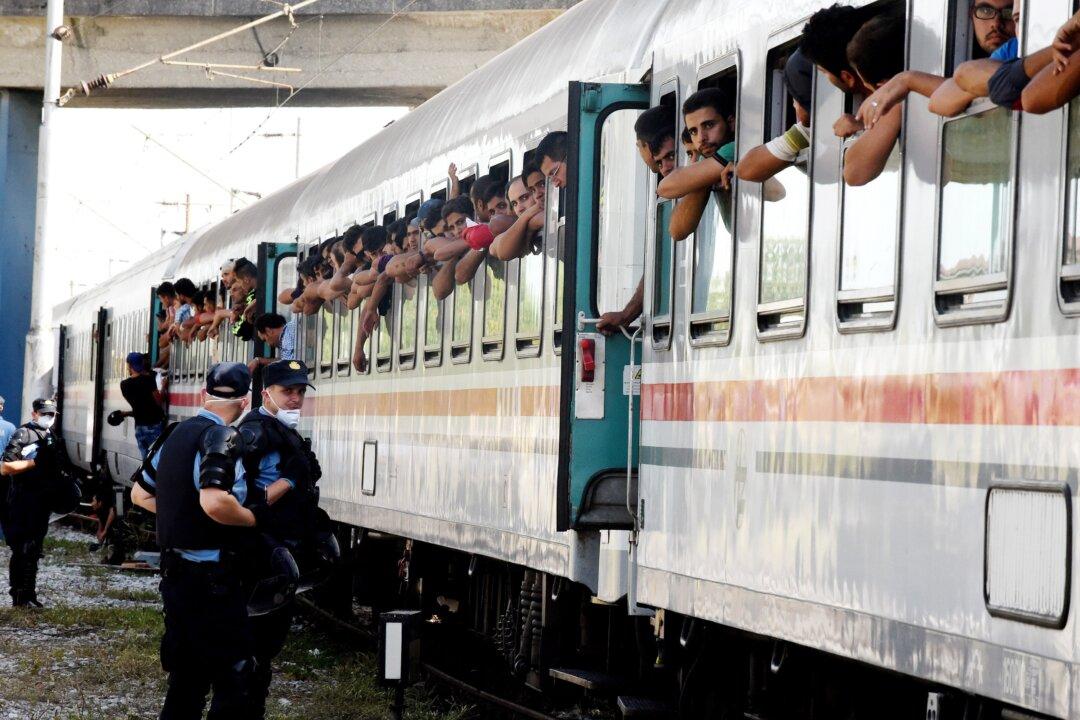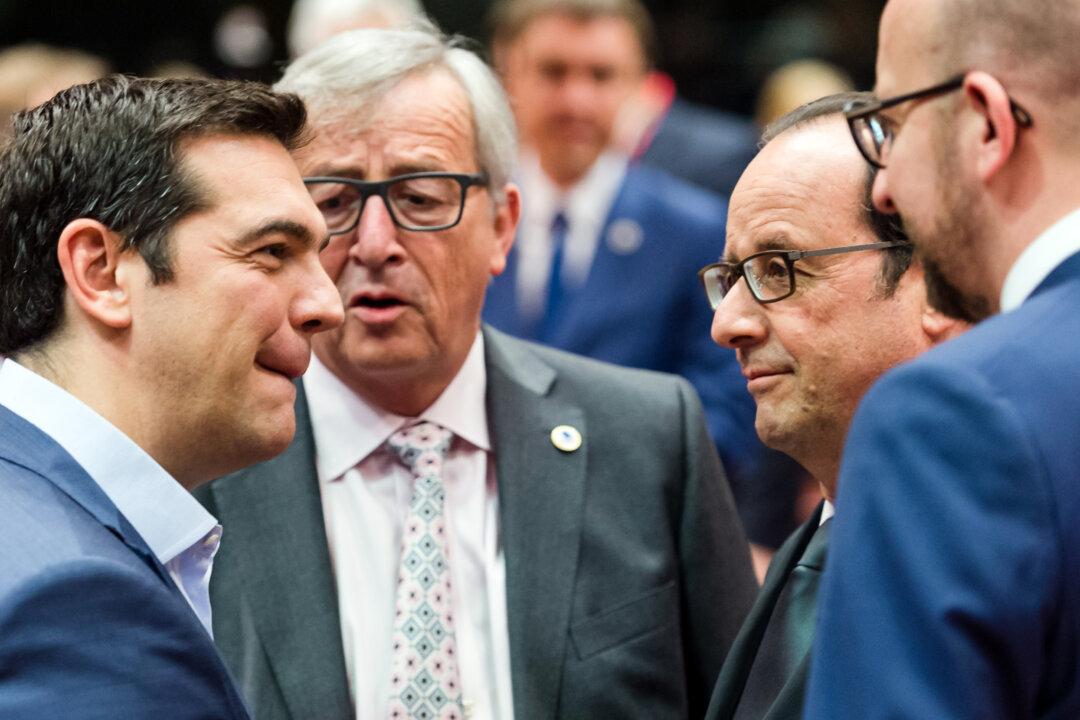Chris Miller
Author
LATEST
Meant to Promote Cooperation, G20 Meeting Shows Discord
Fear is growing that globalization has spun out of control, with too many decisions at the local level left by the wayside. Contending with home-front discontent, leaders of the world’s major economies gathered for the G20 summit, encountering many reminders that nations are part of a global community and struggle is sure for any that try to withdraw and resolve big challenges on their own. Even bilateral parrying at the G20—whether Japan’s stern warning on Brexit threatening investments that employ more 140,000 in the U.K. or U.S. attempts to work with Russia to ease fighting in Syria—reveals the vigilance among nations to protect their own interests. Chris Miller, associate director of Yale University’s Grand Strategy Program, describes the concerns over elite management of globalization. Loud, unrelenting complaints about globalization overlook the many efficiencies and other benefits. Miller concludes that nations may pull back, trying to wrest control, but they narrow their options, and “That is true of nearly all of the conflicts about globalization today.”
|
Brexit Could End Up Strengthening the European Union
The European Union may strengthen after voters in the United Kingdom elected to withdraw from the Union, and Chris Miller, associate director of Yale’s Grand Strategy Program, offers analysis as to why: Britain’s economic challenges could prompt hesitation among other members contemplating a similar move. The EU will drive a hard bargain, refusing to give in to unreasonable demands by voters who were lulled with wild promises. Finally, the EU remains a key force for resolving Europe’s many challenges. With 7 percent of the world’s population, EU trade with the rest of the world accounts for around 20 percent of global exports and imports. Even without the United Kingdom, the union’s second largest economy, the EU would remain the world’s second largest import and export market, CIA data suggest. Uncertainty and withdrawal for the United Kingdom carry heavy costs. Polls indicate that news of Britain’s economic struggles is reinforcing European appreciation for the common market.
|
OPEC’s Control Over Global Oil Prices Slips Away
Member countries of the Organization of Petroleum Exporting Countries produce about 40% of the world’s crude oil, with exports representing about 60% of petroleum traded internationally. But when OPEC failed to reach agreement on controlling oil production levels at its April meeting, prices surprisingly crept up higher. For now, the global market has concluded that no producer, including OPEC, can exert control over prices, writes Chris Miller, associate director of Yale University’s Grand Strategy Program. “The oil-price slump has put financial pressure on oil producers across the world, from Venezuela to Malaysia to Kazakhstan,” he explains. “Over the past year, many officials and industry executives began advocating for cooperation between Russia and OPEC in an attempt to bolster prices.” Saudi Arabia refused to go along without rival Iran, and the deal may not have accomplished much anyway. The United States, which prohibits its companies from joining cartels, has become a swing producer, and alternative energies are also slowing growth in the demand for oil.
|
Corruption Threatens Ukraine’s Hard-Earned Freedom
The abrupt resignation of Ukraine’s respected minister of economy and trade, his refusal to “serve as a cover-up for covert corruption,” has triggered political crisis and an onslaught of recriminations about inept governance. More resignations may follow, and the crisis comes during a treacherous period as the West and Russia battle for influence over the country of 45 million. “Notably, the crisis demonstrates the surprising feebleness of Western efforts to improve governance, cut corruption, and foster economic growth,” writes Chris Miller, associate director of the Grand Strategy Program at Yale. “It also exposes a critical weakness in the West’s strategy to confront Russia in the post-Soviet space.” Transparency International ranks Ukraine 130 on corruption out 167 countries. Miller warns that the quest for good governance could take years. In the meantime, political and economic crises mark the country as a major front in the ongoing hostilities between Russia and the West.
|
The World Wary as US Federal Reserve Declares End to Debt Crisis
Central banks around the globe responded to the 2007–2008 global debt crisis by reducing interest rates and loosening monetary policy to encourage consumer spending, investment, employment, and price stability. After seven years the U.S. Federal Reserve lifted interest rates in December and signaled the possibility of gradual rate hikes, a move described by Chairwoman Janet Yellen as a process of “normalization.” Increased flexibility in short-term rates will make U.S. borrowing slightly more expensive and could increase some asset prices. The Federal Reserve anticipates that the rate hike is small enough so as not discourage consumer spending, though analysts express concern that emerging markets and the U.S. housing market may have become too dependent on the loose monetary policy, explains Chris Miller, associate director of the Grand Strategy Program at Yale. The Federal Reserve’s role is to stabilize the U.S. financial system, but the world watches every move.
|
A War of Priorities in Syria
Recent weeks have seen jolting reversals in the world’s attempt to bring an end to the war in Syria.
|
Big Win by Turkey’s AKP Signals Vote for Stability
Turkey’s Justice and Development Party, also known as AKP, won 317 seats in the General National Assembly with Sunday’s election– more than expected and more than the 276 needed for a majority, but not enough to change the constitution directly. The results confounded pollsters since AKP failed to win a majority in June elections or form a coalition government. “Confronting renewed conflict with Kurdish militant groups and the devastating consequences of four years of war in Syria, Turks voted to continue current policies to manage the country’s long-running conflicts,” writes Chris Miller, associate director of Yale University’s Grand Strategy Program. Western partners are impatient with the Turkish president’s intolerance of opposition. The decisive win, combined with increased support for AKP from ethnic Kurds, could add pressure for a peace deal with Kurdish PKK militants, Miller explains. Turkey’s ruling party and the Kurds have reason to cooperate in battling Islamic State extremists that control large sections of neighboring Syria and threaten the entire region.
|
Border Chaos: Europe Reacts to Syrian Refugee Crisis
Thousands of families flee Syria, a nation devastated since 2011 civil war, a dictator’s crackdown with chemical weapons and infiltration by brutal extremists. Millions more people wait in barren refugee camps, lacking work and schools, near Syria’s borders. In just a week, more than 100,000 people fled to Europe, resisted by poor, conservative nations like Hungary and welcomed by others like Germany. Europe is crafting a refugee policy on the fly. The crisis is more political than economic, notes Chris Miller, associate director of Yale’s Grand Strategy Program. He compares the Middle Eastern refugees to Cubans who fled for Miami decades after the 1959 revolution, adding 7 percent to the workforce while irrevocably influencing that city’s culture and politics. Miller argues that European nations with low fertility rates and labor shortages may benefit from increased migration. Coherent long-term policies are needed with no end in sight for conflict, unrest and fast-growing populations throughout the Middle East and Africa.
|
Europe’s New Economic Divide
Europe still wrestles over how to resolve the debt crisis in Greece. The managing director of the International Monetary Fund warned this month that Greece’s debt remains unsustainable, and she urged the country’s European partners to prepare to provide significant relief. “Few voters anywhere in Europe are excited about bailing out Greece’s government,” writes Chris Miller, Yale doctoral student and a research associate at the Hoover Institution. He points to an east-west divide in addition to the north-south one. Countries in Western Europe that provide generous social programs with high ratios of debt to GDP, are generally less critical of Greece, fearing that they, too, might need bailouts someday. The former socialist countries in Eastern Europe like Poland, Estonia, Latvia and Slovakia are less wealthy than Greece and less sympathetic. Europe’s politics are becoming divided in more ways than one.
|
Coalition in Turkey Could Alter the Country’s Foreign Policy Direction
With its parliamentary majority lost in the June 7 elections, Turkey’s ruling party now seeks a coalition government.
|
Meant to Promote Cooperation, G20 Meeting Shows Discord
Fear is growing that globalization has spun out of control, with too many decisions at the local level left by the wayside. Contending with home-front discontent, leaders of the world’s major economies gathered for the G20 summit, encountering many reminders that nations are part of a global community and struggle is sure for any that try to withdraw and resolve big challenges on their own. Even bilateral parrying at the G20—whether Japan’s stern warning on Brexit threatening investments that employ more 140,000 in the U.K. or U.S. attempts to work with Russia to ease fighting in Syria—reveals the vigilance among nations to protect their own interests. Chris Miller, associate director of Yale University’s Grand Strategy Program, describes the concerns over elite management of globalization. Loud, unrelenting complaints about globalization overlook the many efficiencies and other benefits. Miller concludes that nations may pull back, trying to wrest control, but they narrow their options, and “That is true of nearly all of the conflicts about globalization today.”
|
Brexit Could End Up Strengthening the European Union
The European Union may strengthen after voters in the United Kingdom elected to withdraw from the Union, and Chris Miller, associate director of Yale’s Grand Strategy Program, offers analysis as to why: Britain’s economic challenges could prompt hesitation among other members contemplating a similar move. The EU will drive a hard bargain, refusing to give in to unreasonable demands by voters who were lulled with wild promises. Finally, the EU remains a key force for resolving Europe’s many challenges. With 7 percent of the world’s population, EU trade with the rest of the world accounts for around 20 percent of global exports and imports. Even without the United Kingdom, the union’s second largest economy, the EU would remain the world’s second largest import and export market, CIA data suggest. Uncertainty and withdrawal for the United Kingdom carry heavy costs. Polls indicate that news of Britain’s economic struggles is reinforcing European appreciation for the common market.
|
OPEC’s Control Over Global Oil Prices Slips Away
Member countries of the Organization of Petroleum Exporting Countries produce about 40% of the world’s crude oil, with exports representing about 60% of petroleum traded internationally. But when OPEC failed to reach agreement on controlling oil production levels at its April meeting, prices surprisingly crept up higher. For now, the global market has concluded that no producer, including OPEC, can exert control over prices, writes Chris Miller, associate director of Yale University’s Grand Strategy Program. “The oil-price slump has put financial pressure on oil producers across the world, from Venezuela to Malaysia to Kazakhstan,” he explains. “Over the past year, many officials and industry executives began advocating for cooperation between Russia and OPEC in an attempt to bolster prices.” Saudi Arabia refused to go along without rival Iran, and the deal may not have accomplished much anyway. The United States, which prohibits its companies from joining cartels, has become a swing producer, and alternative energies are also slowing growth in the demand for oil.
|
Corruption Threatens Ukraine’s Hard-Earned Freedom
The abrupt resignation of Ukraine’s respected minister of economy and trade, his refusal to “serve as a cover-up for covert corruption,” has triggered political crisis and an onslaught of recriminations about inept governance. More resignations may follow, and the crisis comes during a treacherous period as the West and Russia battle for influence over the country of 45 million. “Notably, the crisis demonstrates the surprising feebleness of Western efforts to improve governance, cut corruption, and foster economic growth,” writes Chris Miller, associate director of the Grand Strategy Program at Yale. “It also exposes a critical weakness in the West’s strategy to confront Russia in the post-Soviet space.” Transparency International ranks Ukraine 130 on corruption out 167 countries. Miller warns that the quest for good governance could take years. In the meantime, political and economic crises mark the country as a major front in the ongoing hostilities between Russia and the West.
|
The World Wary as US Federal Reserve Declares End to Debt Crisis
Central banks around the globe responded to the 2007–2008 global debt crisis by reducing interest rates and loosening monetary policy to encourage consumer spending, investment, employment, and price stability. After seven years the U.S. Federal Reserve lifted interest rates in December and signaled the possibility of gradual rate hikes, a move described by Chairwoman Janet Yellen as a process of “normalization.” Increased flexibility in short-term rates will make U.S. borrowing slightly more expensive and could increase some asset prices. The Federal Reserve anticipates that the rate hike is small enough so as not discourage consumer spending, though analysts express concern that emerging markets and the U.S. housing market may have become too dependent on the loose monetary policy, explains Chris Miller, associate director of the Grand Strategy Program at Yale. The Federal Reserve’s role is to stabilize the U.S. financial system, but the world watches every move.
|
A War of Priorities in Syria
Recent weeks have seen jolting reversals in the world’s attempt to bring an end to the war in Syria.
|
Big Win by Turkey’s AKP Signals Vote for Stability
Turkey’s Justice and Development Party, also known as AKP, won 317 seats in the General National Assembly with Sunday’s election– more than expected and more than the 276 needed for a majority, but not enough to change the constitution directly. The results confounded pollsters since AKP failed to win a majority in June elections or form a coalition government. “Confronting renewed conflict with Kurdish militant groups and the devastating consequences of four years of war in Syria, Turks voted to continue current policies to manage the country’s long-running conflicts,” writes Chris Miller, associate director of Yale University’s Grand Strategy Program. Western partners are impatient with the Turkish president’s intolerance of opposition. The decisive win, combined with increased support for AKP from ethnic Kurds, could add pressure for a peace deal with Kurdish PKK militants, Miller explains. Turkey’s ruling party and the Kurds have reason to cooperate in battling Islamic State extremists that control large sections of neighboring Syria and threaten the entire region.
|
Border Chaos: Europe Reacts to Syrian Refugee Crisis
Thousands of families flee Syria, a nation devastated since 2011 civil war, a dictator’s crackdown with chemical weapons and infiltration by brutal extremists. Millions more people wait in barren refugee camps, lacking work and schools, near Syria’s borders. In just a week, more than 100,000 people fled to Europe, resisted by poor, conservative nations like Hungary and welcomed by others like Germany. Europe is crafting a refugee policy on the fly. The crisis is more political than economic, notes Chris Miller, associate director of Yale’s Grand Strategy Program. He compares the Middle Eastern refugees to Cubans who fled for Miami decades after the 1959 revolution, adding 7 percent to the workforce while irrevocably influencing that city’s culture and politics. Miller argues that European nations with low fertility rates and labor shortages may benefit from increased migration. Coherent long-term policies are needed with no end in sight for conflict, unrest and fast-growing populations throughout the Middle East and Africa.
|
Europe’s New Economic Divide
Europe still wrestles over how to resolve the debt crisis in Greece. The managing director of the International Monetary Fund warned this month that Greece’s debt remains unsustainable, and she urged the country’s European partners to prepare to provide significant relief. “Few voters anywhere in Europe are excited about bailing out Greece’s government,” writes Chris Miller, Yale doctoral student and a research associate at the Hoover Institution. He points to an east-west divide in addition to the north-south one. Countries in Western Europe that provide generous social programs with high ratios of debt to GDP, are generally less critical of Greece, fearing that they, too, might need bailouts someday. The former socialist countries in Eastern Europe like Poland, Estonia, Latvia and Slovakia are less wealthy than Greece and less sympathetic. Europe’s politics are becoming divided in more ways than one.
|
Coalition in Turkey Could Alter the Country’s Foreign Policy Direction
With its parliamentary majority lost in the June 7 elections, Turkey’s ruling party now seeks a coalition government.
|

